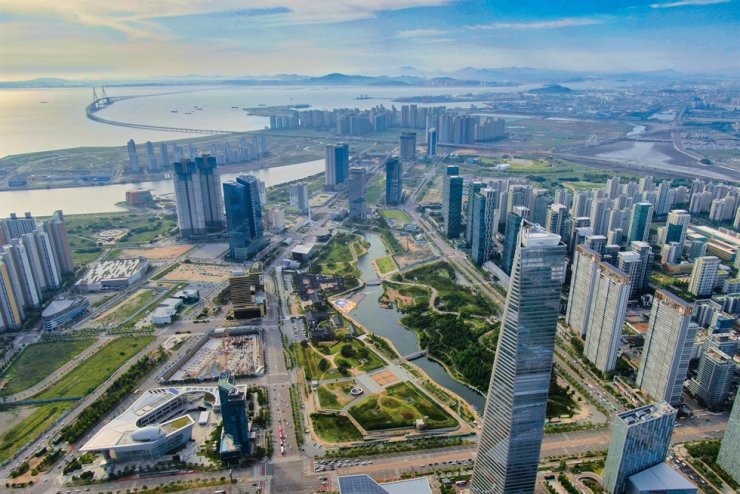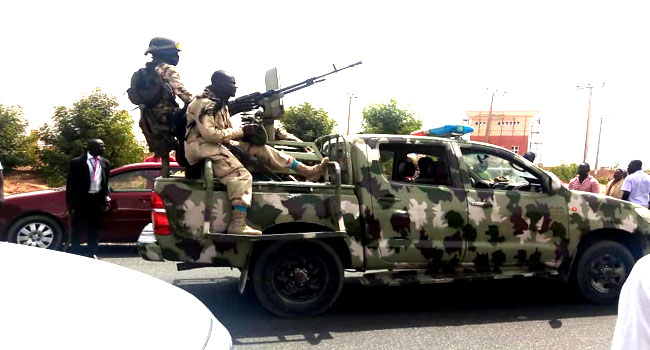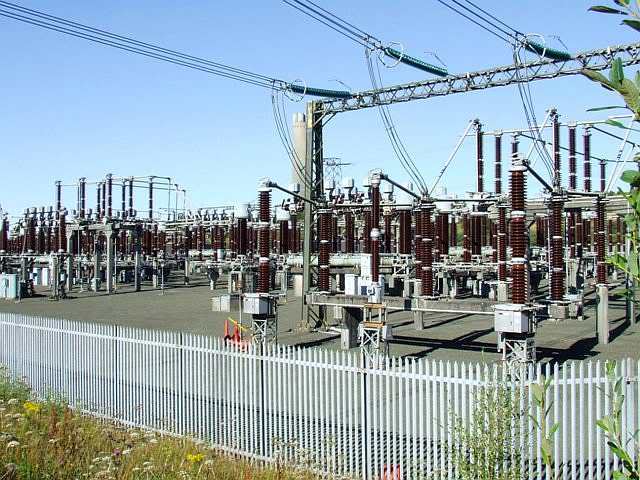Free trade zones (FTZs)–also referred to as “special economic zones,” “free zones,” “export processing zones,” “free ports,” or, when located in the U.S., “foreign trade zones”–are small, geographically-circumscribed areas carved out of a country that are regulated by a different set of trade-related laws than the rest of the country.
The World Bank defines FTZs as “fenced-in, duty-free areas, offering warehousing, storage, and distribution facilities for trade, transshipment, and re-export operations.”
As noted in this definition, goods and services that flow through FTZs are typically not subject to import/export-related taxes such as customs duties.
In addition to a lower tax burden, companies operating in FTZs are often subject to looser regulatory standards and oversight. Importantly, anti-money laundering (AML) and countering the financing of terrorism (CFT) legislation rarely applies to entities situated in FTZs.
FTZs have proliferated with speed in recent decades. In 1975, only 79 or so FTZs existed, sprinkled over a couple dozen countries. By 2019, OECD data indicate that FTZs had grown by 4,300 percent, with a sprawl of at least 3,500 FTZs currently mapped across 130 countries.
This dramatic growth isn’t accidental. As FTZ proponents will point out, these zones offer a number of economic benefits to countries in a globalizing world, such as streamlined transnational manufacturing chains. The zones are especially attractive to low- and middle-income countries looking to attract export businesses and foreign direct investment.
FTZs aren’t without a dark underbelly, however. Because customs oversight, AML/CFT frameworks, and other regulatory checks are weak or nonexistent, FTZs have become hotspots for illicit as well as trade-based money laundering operations, tax evasion, terrorist financing, and other forms of financial crime. As GFI’s Daniel Neale puts it, “If an offshore financial center is thought of as a tax haven for illicit finance, think of an FTZ as a haven for illicit trade.”
Corruption vulnerabilities inherent in FTZs have led the EU Justice
Commissioner, Věra Jourová, to label them “emerging threats.” Furthermore, FTZs have in many ways outgrown their original purposes as labor-intensive manufacturing hubs, becoming increasingly lucrative for non-manufacturing industries such as financial services, software, research and development, and even art collection.
EU and OECD officials have recently expressed concern that FTZs are being increasingly used to manufacture, sell, and move counterfeit and pirated goods across the world. OECD data indicate that the counterfeit and pirated goods trade grew by 80 percent between 2008 and 2013. By 2016, the trade was worth US$509 billion, a figure that represents 3.3 percent of total global trade.
While the prevalence of FTZs in a given economy isn’t the only determinant of the scale of its counterfeit goods exports, it is a significant one. There is a robust correlation between both the amount and size(s) of FTZs in a country and the quantity of counterfeit goods it produces and exports.
Consider Ciudad del Este, a large Paraguayan city situated at the crossroads of Brazil, Argentina, and Paraguay, a notorious region known as the Tri-Border Area. The Ciudad hosts two FTZs and is colloquially known as the “largest illicit economy in the Western Hemisphere.” In 2017, Alexandre Collares Barbosa, then Brazil’s Attorney General, announced that over US$18 billion in illicit funds move through this region annually.
The U.S. Federal Research Division estimated that prior to 2001, an average of US$12 billion were laundered in the region annually.
The massive amount of illicit funds flowing through the city each year–which outpaces, by a long shot, its US$3.5 billion GDP–has caught the attention of various U.S. government agencies, who have connected the city’s shadowy regulatory structure to back-channel Hezbollah fundraising and narcotics-related money laundering.
Ciudad del Este has also long been known for its illicit tobacco trade, with the country “dumping billions of illicit cigarettes on the global market.”
Barring recent efforts by the Financial Action Task Force and the Caribbean Financial Action Task Force, attempts to address money laundering, terrorist financing, and other forms of financial crime in FTZs have been tepid.
Even if enacted elsewhere in a country, AML/CFT still rarely extends into FTZs. For example, the filing of suspicious transaction reports, a basic precautionary measure routinely carried out by banks and other entities that receive large influxes of money from dubious actors, often isn’t required of entities domiciled in FTZs.
This failure to integrate modern AML/CFT legislation across FTZ boundaries has resulted in glaring corruption vulnerabilities that remain unaddressed today.
Published by Global Financial Integrity














